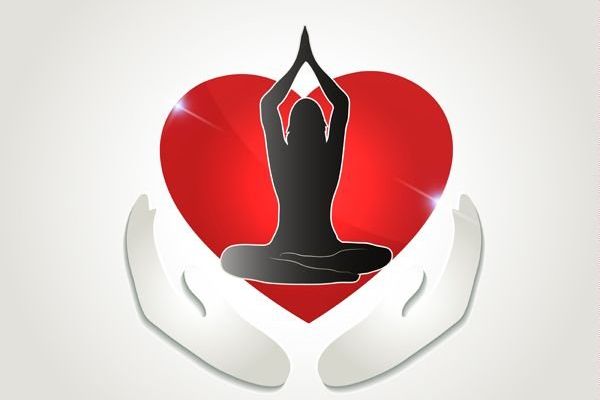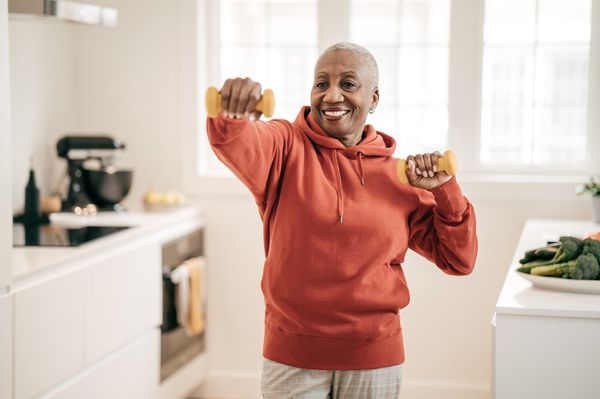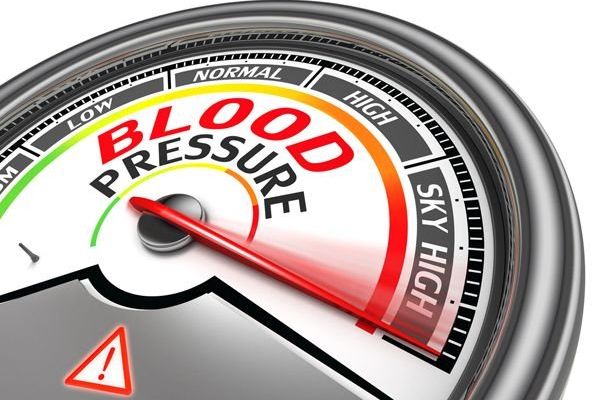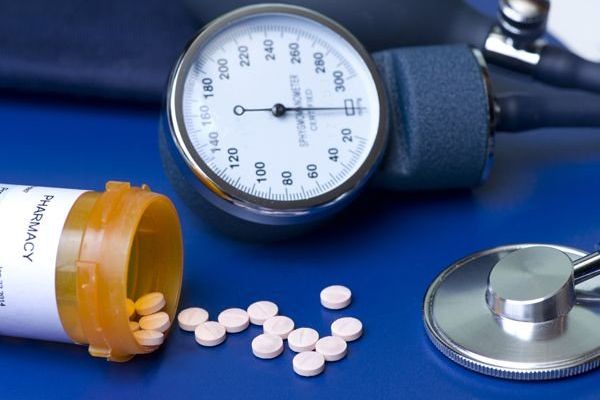One of the most dangerous things about hypertension, also known as high blood pressure, is that it can damage a woman's body without even being noticed. This is why uncontrolled high blood pressure is often called the "silent killer." But, by knowing your risk factors, you and your doctor can create a treatment plan to keep your blood pressure in check.
Conditions that are warning signs of future high blood pressure, include:
- Gestational diabetes can increase the risk of high blood pressure, both during and after pregnancy. It is important to be closely monitored by your obstetrician throughout pregnancy and to stick to a healthy diet low in sodium and sugar.
- Preeclampsia, or high blood pressure during pregnancy, increases the risk of a high blood pressure after delivery. Preeclampsia survivors have a three-to-four-times greater risk of high blood pressure than women who have had healthy pregnancies, and are at risk developing for high blood pressure while they're still young.
- Family history is important when investigating your risk factor for high blood pressure. Your risk rises if your parents had it, particularly if both parents lived with hypertension.
- Birth control pills may increase blood pressure for some women. Make sure you discuss your family history before being prescribed and have your blood pressure monitored every six months.
- Menopause increases the risk of developing high blood pressure as you age.
- Poor lifestyle choices play a significant role in high blood pressure. A sedentary lifestyle, a high-fat, high-sodium diet, and severe stress can all contribute to elevated blood pressure.
Fortunately, there is a lot you can do to help maintain a healthy blood pressure. It's important to work with your doctor to create a treatment regimen. Untreated hypertension can lead to heart attack, stroke and congestive heart failure. Here are some ideas about how to reduce or maintain a healthy blood pressure.
- Drop the weight. There's a reason doctors mention this frequently—you can reduce your blood pressure by about 1 millimeter of mercury (mmHG) with each kilogram (2.2 pounds) you lose.
- Watch your waistline. Carrying extra pounds around your waist can increase the risk of high blood pressure. For women, that is 35 inches and over.
- Check your snoring. For some people, snoring and waking up suddenly during the night can be signs of sleep apnea. Disrupted breathing from sleep apnea can raise your blood pressure, so it's a good idea to get this checked out. Fortunately, losing weight can markedly improve sleep apnea.
- Get moving. You know the drill; 30 minutes of exercise a day can improve your blood pressure. You can even break it up—new studies say that three, 10-minute bouts of exercise are also valuable. And strength training counts and is good for your bone health as well.
- Shop the produce section. Increasing your consumption of fruits and vegetables, especially those rich in potassium, can help your blood pressure. And don't forget the Dietary Approaches to Stop Hypertension (DASH) diet if you'd like more help.
- Cut the salt. Even a small reduction in your sodium intake can make a big difference in your blood pressure, especially if you're salt sensitive.
- Happy Half-Hour? While one drink a day for women can help your blood pressure, more than that can raise it and make your medications less effective.
- Quit smoking. Your blood pressure increases for every minute you smoke. If you smoke, it's time to get some help and quit.
From Your Site Articles
- Beware: Low Blood Pressure May Be Hazardous to Your Health ›
- Signs You're About to Faint ›
- Who's Who for Treating High Blood Pressure ›
- True or False: Hypertension ›
- High Blood Pressure Symptoms You Should Never Ignore ›
Related Articles Around the Web







